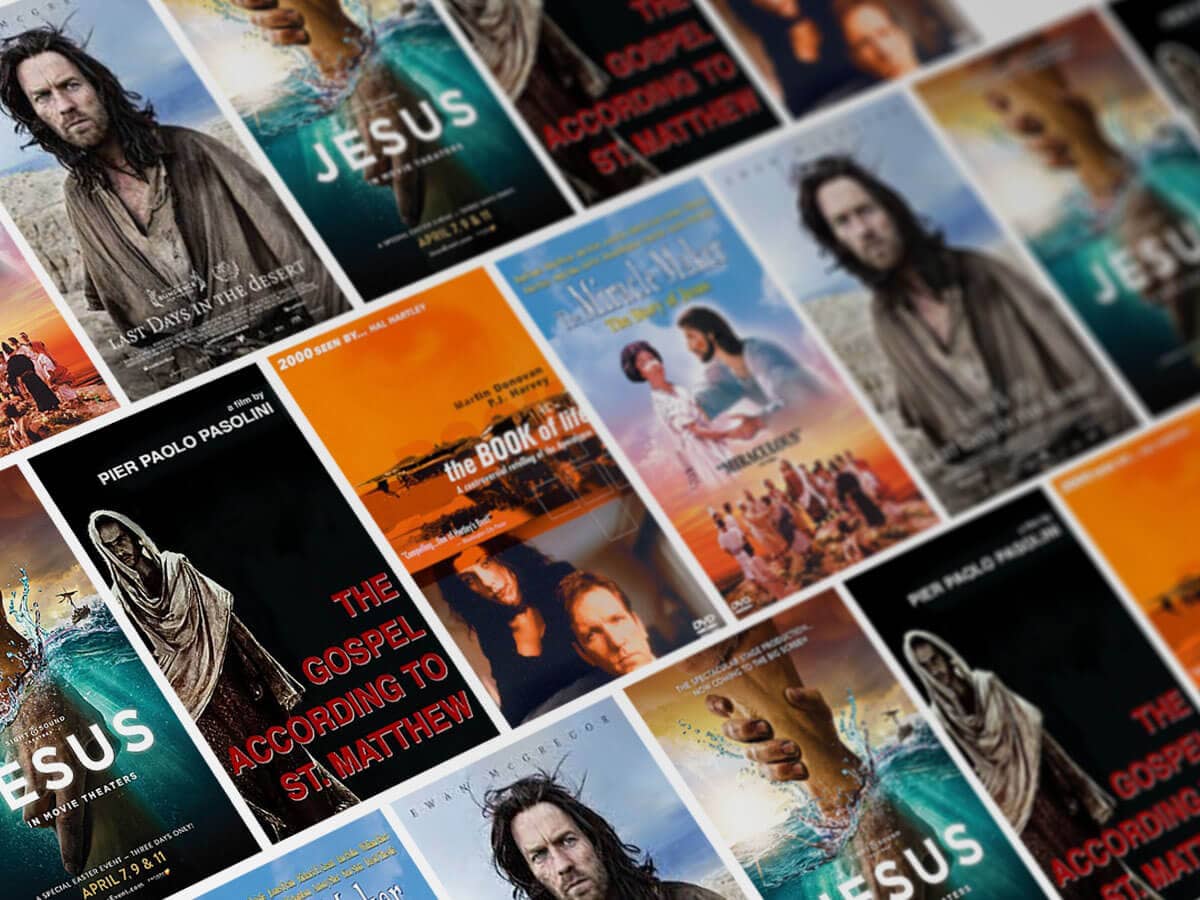I love to visit other worlds. For decades, I subscribed to the Magazine of Fantasy and Science Fiction, and I still watch every sci-fi series or movie that comes my way. My teachers encouraged me to explore fantasy through mythology, art, music and literature. Especially literature. I scoured the shelves, tearing through book after book--and the more fantasy- and adventure-filled, the better. My favorites often involved something magical. I read and reread them, reluctant to return from their wonder-filled worlds to my very ordinary real life.
No books meant more during these years than C. S. Lewis's "Chronicles of Narnia." The heroes and heroines were children--full-blown individuals, accountable for their actions, expected to think and act independently. They were admirable and disappointing, noble and mischievous, ordinary and remarkable. Their stories have been part of me for so long I don't really remember a time I didn't know the Pevensie children (Peter, Susan, Edmund, and Lucy); the mysterious Professor; Aslan, the lion/king; Mr. Tumnus, the faun; Puddleglum, the marsh-wiggle; Bree, the talking horse; the evil White Witch, and all the other inhabitants of C.S. Lewis' imagination.
I was hooked almost at once. A big old house in the country. A girl is playing hide and seek with her siblings. She darts inside a wardrobe cabinet. As she moves towards the back of the cabinet, she notices two things: it is getting colder and the cabinet seems impossibly deep. Suddenly she emerges into a snowy landscape.
Wow. Wouldn't that be something! I remember thinking about the old wardrobe cabinets in our attic. I would have to explore them--if I could find the nerve to climb the stairs alone. (For years I couldn't resist looking inside such wardrobes. I love them to this day. There has been one in my bedroom--a wedding gift from my dearest college friends--for over 35 years.) But what if I discovered a magic door? Could I be as brave as Lucy? I hoped so, but I wasn't sure.
Equally memorable was Aslan, the magical golden-eyed lion. No tame lion, he. Aslan was everything a royal lion should be. Massive and muscular, with a rippling mane; soft-spoken but with a roar that shook mountains; good, gentle, stern, dangerous--glorious! He allowed Lucy to ride on his back, burying her face in his soft fur. And he could fly. I can still envision that exhilarating ride, soaring high over the land and yet remaining perfectly safe. The inhabitants of Narnia loved him, and so did I.
In the 1970s, I watched with dismay a clumsy cartoon version of "The Lion, The Witch and the Wardrobe" on TV; ditto the slightly better BBFC versions of the first four books, produced between 1988 and 1990. And now I anticipate with mixed feelings the forthcoming Disney film. On the one hand, special effects have nearly caught up with my imagination. The Lord of the Rings films, for example, were splendid depictions of the Tolkien books. On the other hand, I hope the director and producers resist the temptation to be "in my face" with the Christian themes the book contains--themes to which I was happily oblivious as a young reader.
Are the Chronicles sexist?
Read more >>
| _Related Features | |
|
|
 |
When I went to college and discussed the Chronicles with friends, some of them challenged me: How could I, as a feminist, tolerate Lewis's old-fashioned, rather demeaning view of women? Like Tolkien, C.S. Lewis saw a "place" for females--not useless or unimportant exactly, but clearly secondary and fundamentally passive. And in addition, how could I, as a Jew, get past the "obvious Christian imagery"? At first, I was inclined to scoff at this. I saw it as an over-intellectualizing of books I had read purely for pleasure. I patiently and (I thought) tolerantly explained that, with regard to the first issue, literature should be appreciated and enjoyed on its own terms and in its own social/historical context. Regarding the second issue--the Christian elements--I explained, one could appreciate the books, as I did, on a simpler level, as exciting tales that enriched the imagination.
Upon reflection, of course, I had to admit that the religious allegory exists, and by the design of the author, who was, after all, a deeply religious man and the author of other Christian texts. For some readers, it probably is the Christian imagery that gives the books their power and importance; for me, however, their importance rests in their ability to fuel a child's imagination.
Long after I recognized their symbolism, the Narnia books remain for me "something wonderful to read." I read them to my children, and to my third grade classes when I was a teacher in Watkins Glen, NY. The books certainly stimulated lively conversations. We loved the idea of talking animals (even talking trees); we imagined the thrill of wardrobe cabinets, paintings, and rings that can transport you to enchanted lands; we marveled at candy so delicious that it enslaves those who eat it; we delighted in the idea that children can be kings and queens defending their kingdom from the wicked. We talked about good and evil, courage and cowardice, morality, magic, selfishness, generosity and love. These are the themes of Narnia that still live in my memory.
| _Related Features | |
|
|
 |

